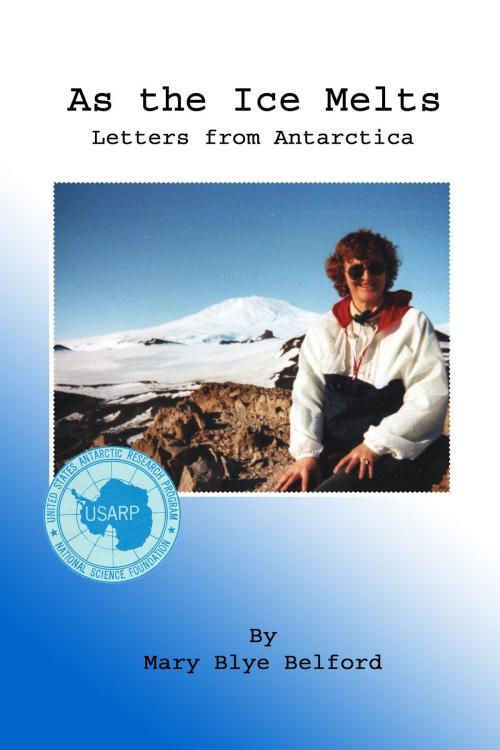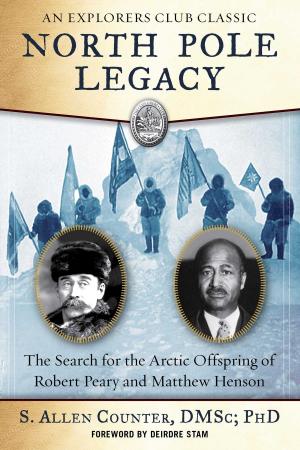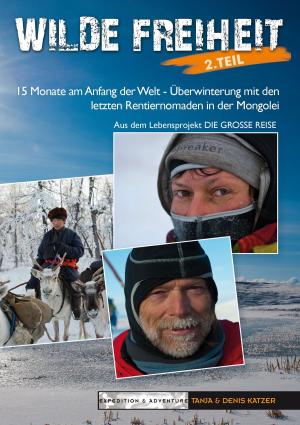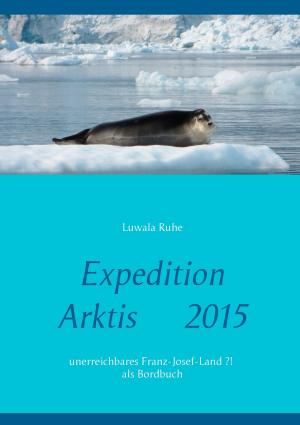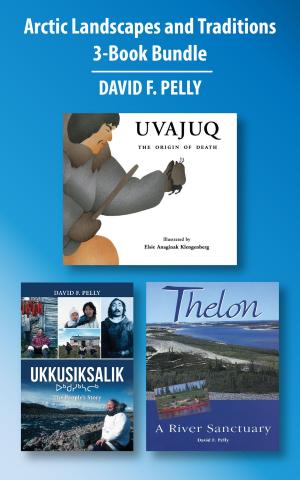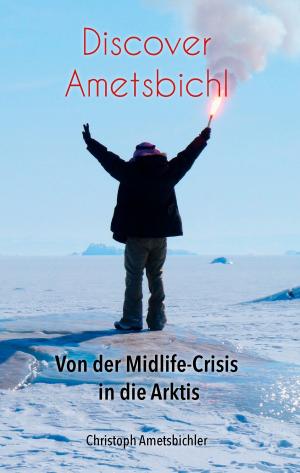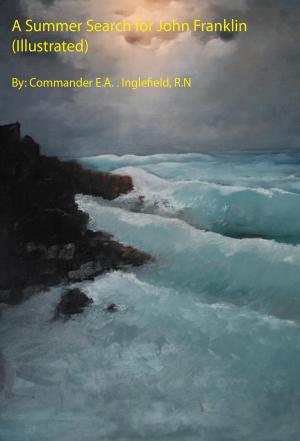| Author: | Mary Blye Belford | ISBN: | 9781301055982 |
| Publisher: | Mary Blye Belford | Publication: | March 28, 2013 |
| Imprint: | Smashwords Edition | Language: | English |
| Author: | Mary Blye Belford |
| ISBN: | 9781301055982 |
| Publisher: | Mary Blye Belford |
| Publication: | March 28, 2013 |
| Imprint: | Smashwords Edition |
| Language: | English |
"As the Ice Melts: Letters from Antarctica" is the title I gave to a series of newsletters sent to family and friends when I spent the summer of 1985-86 on "The Ice" at McMurdo Station, Antarctica. I was going through a burn-out period at my work as a freelance court reporter in Phoenix, Arizona, and I was wondering just how I could reinvent myself at age 45. A chance conversation with an old friend set off an unlikely series of events, landing me a job with Antarctic Services, Inc., a division of ITT, which provides support personnel for National Science Foundation grantees. [I found out later how very difficult it was to get one of these jobs!]
The newsletters chronicle my adventures, which spanned the globe from Paramus, New Jersey (for orientation), to Washington, DC (for more orientation and hostess duties for incoming grantee scientists), to Christchurch, New Zealand, (the jumping-off spot to McMurdo), and finally reaching McMurdo Station via military air (the in-air refueling was a real kick).
I gave my friends and family a running narrative about my daily duties at the Chalet as an employee of Antarctic Services, one of which included a daily walk around the station to find out the head count (which varied each day) so the Navy would know how many people might be showing up in the galley that day. I told them about the many scientists and military personnel I met from all over the world, and the many support people from all over the US, some of whom had advanced degrees (one actually had a PhD), but were willing to take menial jobs (like driving the bus to and from the airfield) just for the experience of a season on The Ice. I related my many science trips out into the hinterlands of Antarctica, and I tried to summarize information I gleaned from attending weekly presentations by the various scientists who were conducting investigations, which ranged far and wide across the scientific spectrum, and were largely financed by the National Science Foundation.
There was a lot of social activity, mostly indoors due to the cold weather; even though it was "summer," the temperature never got above 27 degrees F. that summer. People worked out daily in the gym, played cards, visited the several night clubs, and attended yoga and other such classes in their free time, which was lessened due to the 12-hour workdays. The scientists, military personnel, and civilian employees all seemed to get on well together, including fellow humans from the neighboring Scott Base, the New Zealand Antarctic station, which had a wonderful team of Huskies they were willing to share with the Yanks. The sun never set; vehicles were left running 24/7 because of the danger of freezing. Actual living conditions were quite primitive, but everybody seemed to be able to tolerate the hardships encountered. The local volcano never stopped steaming, though.
It was an incredible six-and-a-half months, and it was really a privilege to have such an adventure. I was offered a permanent job at the home office but declined - I was ready to go back to my court reporting and comfortable apartment in Phoenix! I maintained contact with several people from The Ice for many years, and it was interesting to see how their lives developed after their experience.
"As the Ice Melts: Letters from Antarctica" is the title I gave to a series of newsletters sent to family and friends when I spent the summer of 1985-86 on "The Ice" at McMurdo Station, Antarctica. I was going through a burn-out period at my work as a freelance court reporter in Phoenix, Arizona, and I was wondering just how I could reinvent myself at age 45. A chance conversation with an old friend set off an unlikely series of events, landing me a job with Antarctic Services, Inc., a division of ITT, which provides support personnel for National Science Foundation grantees. [I found out later how very difficult it was to get one of these jobs!]
The newsletters chronicle my adventures, which spanned the globe from Paramus, New Jersey (for orientation), to Washington, DC (for more orientation and hostess duties for incoming grantee scientists), to Christchurch, New Zealand, (the jumping-off spot to McMurdo), and finally reaching McMurdo Station via military air (the in-air refueling was a real kick).
I gave my friends and family a running narrative about my daily duties at the Chalet as an employee of Antarctic Services, one of which included a daily walk around the station to find out the head count (which varied each day) so the Navy would know how many people might be showing up in the galley that day. I told them about the many scientists and military personnel I met from all over the world, and the many support people from all over the US, some of whom had advanced degrees (one actually had a PhD), but were willing to take menial jobs (like driving the bus to and from the airfield) just for the experience of a season on The Ice. I related my many science trips out into the hinterlands of Antarctica, and I tried to summarize information I gleaned from attending weekly presentations by the various scientists who were conducting investigations, which ranged far and wide across the scientific spectrum, and were largely financed by the National Science Foundation.
There was a lot of social activity, mostly indoors due to the cold weather; even though it was "summer," the temperature never got above 27 degrees F. that summer. People worked out daily in the gym, played cards, visited the several night clubs, and attended yoga and other such classes in their free time, which was lessened due to the 12-hour workdays. The scientists, military personnel, and civilian employees all seemed to get on well together, including fellow humans from the neighboring Scott Base, the New Zealand Antarctic station, which had a wonderful team of Huskies they were willing to share with the Yanks. The sun never set; vehicles were left running 24/7 because of the danger of freezing. Actual living conditions were quite primitive, but everybody seemed to be able to tolerate the hardships encountered. The local volcano never stopped steaming, though.
It was an incredible six-and-a-half months, and it was really a privilege to have such an adventure. I was offered a permanent job at the home office but declined - I was ready to go back to my court reporting and comfortable apartment in Phoenix! I maintained contact with several people from The Ice for many years, and it was interesting to see how their lives developed after their experience.
